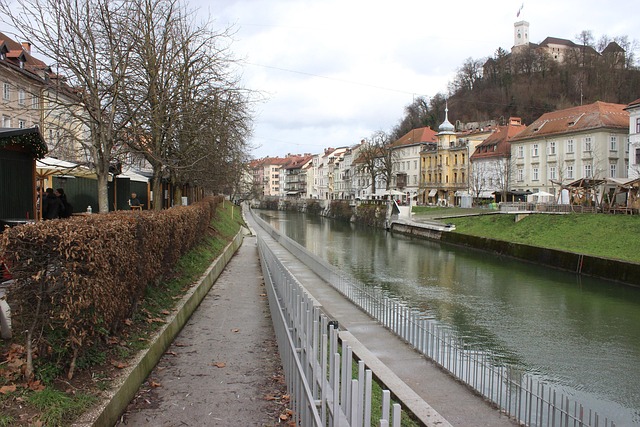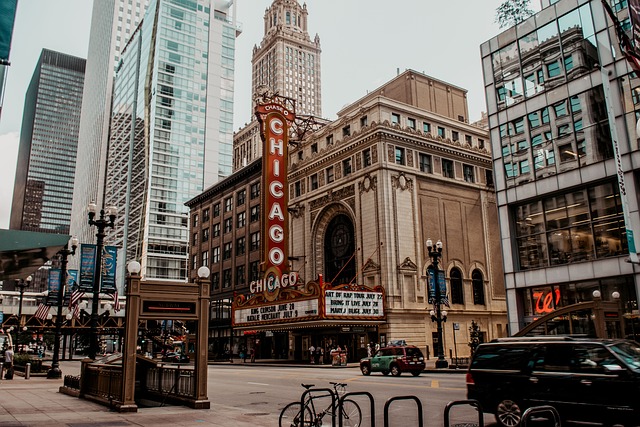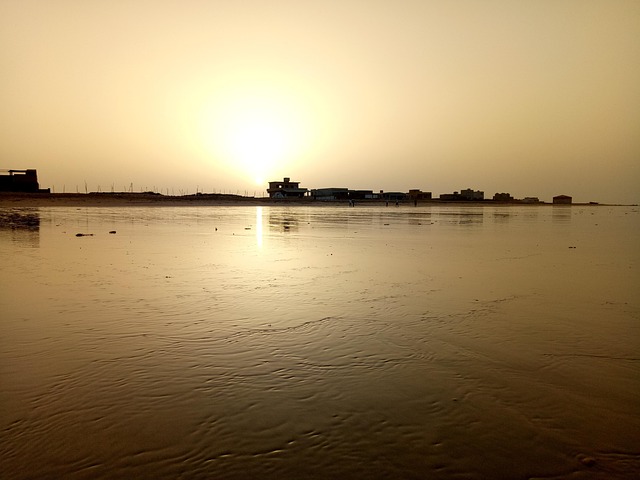Karachi's Shah Faisal Town faces unique waste management challenges due to rapid urbanization and population growth. Inadequate infrastructure, improper segregation, and illegal dumping sites pollute the environment. Innovative solutions like efficient collection systems, community engagement in segregation, and strict littering penalties are crucial for a healthier urban environment. Despite traditional practices, growing awareness drives sustainable initiatives, including recycling projects, smart bin systems, compostable bags, and waste-to-energy projects. Community engagement improves recycling rates and fosters environmental responsibility, making Shah Faisal Town a promising model for efficient waste management in Karachi.
Waste management in Shah Faisal Town, Karachi, presents unique challenges that require innovative solutions. This article delves into the current state of recycling and disposal practices in the bustling metropolis, exploring how they contribute to environmental issues. We discuss the pressing need for sustainable waste management strategies, highlighting community engagement as a key driver. By examining successful examples and future prospects, we aim to illuminate the path towards a cleaner, greener Karachi.
- Understanding Waste Management Challenges in Shah Faisal Town, Karachi
- Current State of Recycling and Disposal Practices
- Innovative Solutions for Sustainable Waste Management
- Community Engagement and Future Prospects
Understanding Waste Management Challenges in Shah Faisal Town, Karachi

Shah Faisal Town, a vibrant and bustling area in Karachi, faces unique challenges when it comes to waste management. The rapid urbanization and growing population have led to an increase in solid waste generation, which has become a significant environmental concern. With limited open spaces and a dense urban landscape, traditional waste disposal methods are not as effective as they once were.
The main issues include inadequate collection infrastructure, improper segregation of recyclables, and illegal dumping sites that pollute the environment. To address these challenges, innovative solutions are needed. Implementing efficient waste collection systems, promoting community involvement in segregation, and introducing strict penalties for littering can make a substantial difference. Karachi, being the economic hub of Pakistan, requires sustainable waste management practices to ensure a healthier and more livable urban environment for its folks.
Current State of Recycling and Disposal Practices

In Karachi, the current state of recycling and disposal practices is a mix of traditional methods and emerging initiatives. While some areas have well-established waste management systems, many parts of Shah Faisal Town still struggle with improper waste disposal, leading to environmental concerns. The primary method of waste treatment includes dumping in unauthorized sites, which not only causes land degradation but also poses significant health risks for residents living nearby.
Despite these challenges, there is a growing awareness about sustainable practices. Local authorities and community-led organizations are increasingly promoting recycling as a viable solution. Efforts are being made to educate the public on segregating waste at source, and several pilot projects have been initiated to collect and process recyclables like paper, plastic, and glass. These initiatives hold promise for transforming Karachi’s waste management landscape, ensuring a cleaner and healthier future for its citizens.
Innovative Solutions for Sustainable Waste Management

In the bustling metropolis of Karachi, innovative solutions for sustainable waste management are more crucial than ever. The city’s rapid growth and dense population present unique challenges in maintaining a clean and healthy environment. To address this, several eco-friendly initiatives have emerged. One notable approach is the implementation of smart bin systems that utilize sensors to optimize collection routes, reducing fuel consumption and carbon emissions.
Additionally, community engagement programs encourage residents to adopt responsible waste segregation practices at home. These efforts are further enhanced by the introduction of compostable bags and recycling facilities, which help divert organic waste from landfills. Karachi is also witnessing the rise of waste-to-energy projects, transforming non-recyclable waste into electricity, contributing to the city’s energy sustainability.
Community Engagement and Future Prospects

Community engagement plays a pivotal role in the success of any waste management initiative. In Shah Faisal Town, Karachi, active participation from residents and local organizations has been instrumental in enhancing recycling rates and promoting eco-friendly practices. Through awareness campaigns, educational programs, and community clean-up drives, folks have embraced sustainable waste disposal methods. This collective effort not only improves the town’s cleanliness but also fosters a culture of environmental responsibility.
Looking ahead, the future prospects for waste management in Shah Faisal Town are promising. With ongoing innovations in recycling technologies and increasing public awareness, the community is well-positioned to become a model for efficient waste management in Karachi. By continuing to engage residents, leveraging new technologies, and fostering partnerships with local businesses, the town can ensure a cleaner, greener future for all its inhabitants.
The complex landscape of waste management in Shah Faisal Town, Karachi, demands innovative solutions. By leveraging community engagement, adopting advanced recycling technologies, and fostering a culture of responsible disposal, we can transform the current state into a sustainable future. Integrating these strategies will not only reduce environmental impact but also enhance the quality of life for residents. As we move forward, it’s crucial to build on the successful implementation of innovative waste management practices, ensuring Karachi becomes a leader in sustainable urban development.
